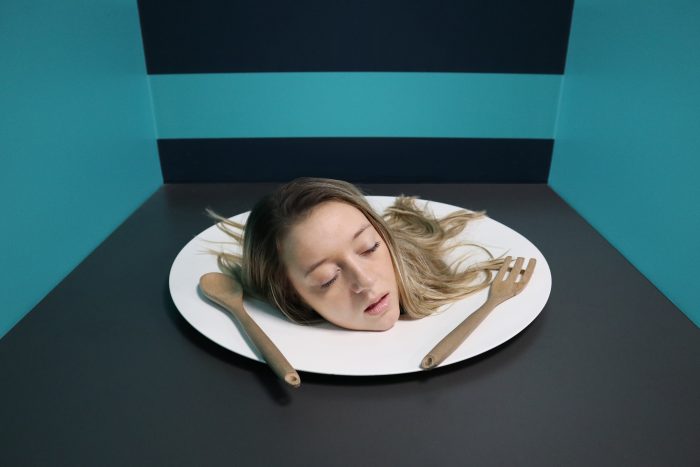Let’s talk about death, baby. Let’s talk about you and me!
Death is a touchy subject for most, and not something a lot of people want to talk about. We live in a society where the topic of death is avoided as much as possible—a society in which we do everything possible to avoid the fact that we are getting older, or the fact that we are sick—because it brings us closer to acknowledging death.
We cover up wrinkles and gray hair. We follow every possible diet available, in hopes of not getting cancer. We avoid new experiences because there is potential risk. We stop truly living because we are afraid of death.
While it is beautiful to take care of our bodies and eat healthy so we can experience this life, it is also important to remember that the healthiest of people get sick and die. The healthiest of people may not get sick, but still die.
Sickness is a teacher. It is a guide to show us something about ourselves and this life that nothing else possibly can. It is through reaching death on multiple levels that we can truly awaken to this living experience.
Death happens every second of the day, and I am not just talking about physical death. Relationships end, jobs end, we move away from old houses, we outgrow old thought patterns. There is death in all of nature. The beauty of trees losing all leaves in the fall and baring their skeleton during winter. Death is not something that happens at some point down the road; death is something that happens with every single breath.
Every inhale has a death of its own. Every moment we take in dies a moment later. We think that death is so far away from us, so we live life thinking, “Oh, I will do this later,” or, “When I am 30 or 40, I will change things around.” Destination addiction at its finest—the thought that you will do better, or feel better when x,y,z happens in the future. The truth is, the only time we have is now. Yes, we have heard that from so many wise masters in this life, but it is absolutely the deepest truth of human existence. We can have as many feelings as we want about what the future may hold for us, but the bottom line is, we are never guaranteed another minute. Every idea we have about our future is simply an idea.
What if we can learn to embrace death in order to live the most profound version of our lives? What if we can live more fully by acknowledging death more fully? Let me ask you this:
>> Are you satisfied with your life?
>> Are you happy with your relationships?
>> Your job, and the way you spend your free time?
>> Are you happy with the way you treat yourself? The way you treat others?
>> If you were to die next week, would you have regrets? Would there be things that you would change immediately in order to end your life well?
>> Are you holding on to things that no longer serve you because you do not want to experience the death of the situation?
>> Are you afraid of the unknown? What happens if you release these people or situations?
>> Are you afraid of what happens after life?
The way you live your life is the way you live your death. When we understand the beauty in and necessity of releasing the things that no longer serve us, we can move into the next phase of our existence with love and curiosity. We can be excited about what is to come, rather than clinging to what is being lost.
We are humans. We are part of the natural world. Death is a necessary part of our existence. Everything in life has a balance, and death is the balance to birth. It is not the opposite of life. It is the opposite of birth. We are born into bodies, we live our existence, and then we are removed from our bodies.
The biggest fear of death stems from the fact that we are not living a life we love. We settle. We wait. We procrastinate. We must take steps toward our dreams and goals in order to fulfill them one day. Even the smallest steps count. We have to be willing to let things die. We have to be willing to examine our own little deaths.
In order to be truly present with life, we must accept the fact that we will die, and we don’t know when.
I am 33 years old. I lost the majority of my family by the age of 15. I have had my own near-death experiences. My partner was 30 when diagnosed with the same type of colon cancer that my mom died of when she was 40. At the same time my partner was dying, I was dying of organ failure due to a virus.
Through my many personal experiences with death, one thing I realized is that the lessons I learned from letting things go in my life were similar to letting go of those who died. I was afraid to let go of experiences and people because I was afraid that there wouldn’t be something better up ahead. I was afraid of letting go of the familiar. I was afraid of letting go because that meant finding myself. That is not always easy.
If you learn how to let go of what is no longer serving you in life—and you absolutely know what that something is, right this very moment—you will be gifted with much greater opportunities. Even if you found yourself at the point of death soon after, you could still smile and admire yourself for living your life without fear of letting go. You could say that you truly did your best, for you. We must simply allow things to die, in order to live.








Read 1 comment and reply